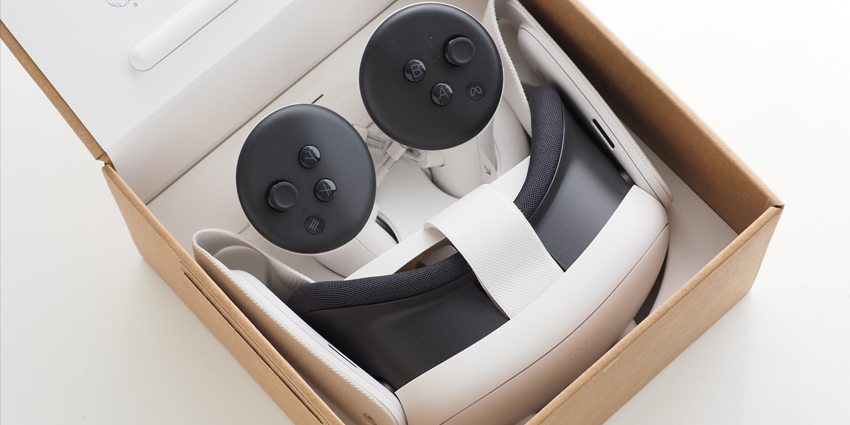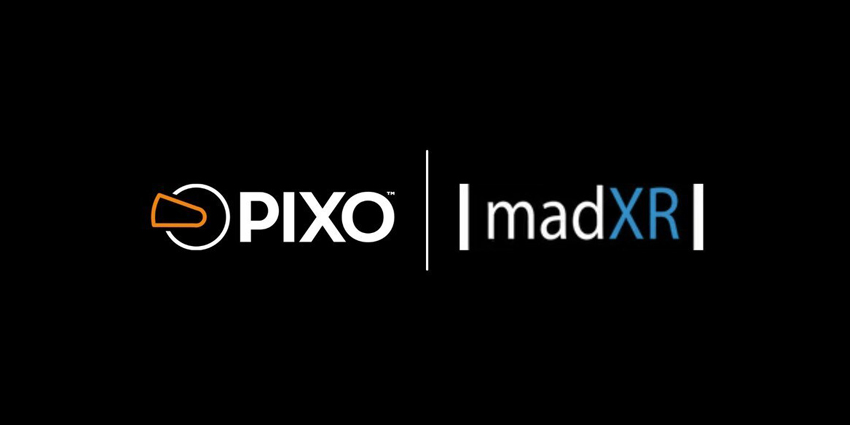Last week, new research highlighted how 47 percent of UK consumers believe that Metaverse platforms will be widely adopted in the next ten years.
In the KPMG UK study, UK consumers appeared to have split opinions regarding Metaverse services. Questioned individuals had split confidence towards Metaverse growth and usage forecasts.
KPMG UK found that, of its questioned individuals, 37 percent were optimistic towards the future of the Metaverse, 31 percent had negative forecasts, and 32 percent didn’t know enough to form an opinion.
Again, the stats show an almost unanimous split, with the third split being almost equally shared among UK consumers. The data may show how consumers still do not know enough about the Metaverse space and its potential benefits amidst a general lack of confidence in the growing technology space.
Metaverse Services Must Reflect Consumer Visions
Ian West, the Head of Technology and Alliances at KPMG UK, said businesses must consider their audiences and end goals when creating Metaverse strategies.
The head also noted a clear interest in consumers for Metaverse services, so companies should research into positive return on investment (ROI) outcomes and optimise their customer experience journies through Metaverse platforms.
West added:
If they can link it to a measurable return on investment – and they address their customers’ demands through the technology then we are likely to see a successful metaverse. Ultimately for the metaverse to become a success, it needs to convince a mass audience. Businesses can invest in the technologies but unless there is customer demand for it, it won’t be as successful as the potential it holds.
Despite some current hesitance towards immersive Metavese services, the number reflects well on the emerging technology. This stat could also increase as changing generational factors lead to the increasing adoption of immersive technology.
The KPMG report also highlighted how younger UK consumers are more optimistic about Metaverse services. According to the report, two-thirds of 18 to 24-year-olds retain a favourable opinion of the Metaverse, compared to 18 percent holding negative sentiments. On the other hand, 42 percent of 55 to 64-year-olds have a negative view of the Metaverse.
Building Positive Sentiment
Not only is the Metaverse an emerging technology, which many industry experts still struggle to define because the Metaverse has not reached its final stages and product vision, but forecasts are still hazy for a majority of consumers.
Moreover, with firms like Meta facing constant scrutiny over user privacy and Metaverse hype being criticised from various angles, many consumers could have a misinformed vision of the Metaverse.
Additionally, some grand predictions and marketing campaigns by certain immersive firms and analysts can contribute to a confused audience unaware of the definition of a Metaverse service.
The Metaverse space is still a grey zone. But despite foggy interpretations of the space, consumers are still retaining interest, which may be partly due to retail’s increasing adoption of Metaverse services.
West said UK consumers’ perception of the Metaverse seems “broadly positive.” However, West notes that there is “more to be done” by those seeking to pursue metaverse applications to persuade potential customers of its benefits.
West also added:
One of the main issues with the metaverse is that there is a lot of confusion around what it is. Some people argue it’s been around for years through things like gaming headsets, so being clear around what a metaverse future looks like will not only help consumer confidence, but business confidence too.
The Future of the Metaverse in Retail
In a separate KPMG study conducted by Forrester Consulting, the firm found that 84 percent of questioned companies plan to increase or sustain investments into enterprise-grade Metaverse services.
However, most of KPMG’s questioned firms believe that significant Metaverse use cases will start appearing in ten years plus.
Although, today, consumer interest in Metaverse services is maintained. According to its UK consumer poll, KPMG found that over a third of surveyed individuals would use Metaverse platforms for entertainment and over a fourth added they would use the technology for education.
But, interestingly, consumers were least likely to use the Metaverse for socialising, a critical use case held by many Metaverse service providers.
The socialisation stat may indicate an alternative avenue for Metaverse usage, different from the complete lifestyle transformation vision sold by select firms.
Instead of providing an alternative to in-person or screen-based socialisation. Consumers believe the Metaverse could provide an assistive tool for optimising buyer and learner experiences. For example, instead of replacing “water-cooler conversations,” some consumers see the Metaverse as a space to improve shopping and learning journies.
In its survey, KPMG found that questioned individuals said that 50 percent would shop in VR over in-person or online on a browser.
The Metaverse in Retail, Today
Despite future-facing forecasts, the Metaverse is a tool brands leverage today.
Of significant note is NIKELAND, the sports firm’s Metaverse debut, which hosts roughly seven million members from approximately 223 countries.
NIKE is leveraging the popular online gaming service Roblox to support its Metaverse vision. The service lets users play branded interactive games and experiences, providing a retentive space for buyers to engage with its brand and products before purchasing.
Moreover, NIKELAND leverages the child-friendly digital platform to promote children’s healthy lifestyles and encourage movement with several smartphone mini-games. The games allow users to move around a virtual environment using accelerometers and AR hardware to detect motion.
Due to the success of NIKE’s Metaverse operations, the NIKE Digital division for Web3-based operations now makes up 26% of the sports brand, according to NIKE President and CEO Jack Donahoe.
Other Immersive Retail Winners
Nike, while successful, are not the only brand experimenting in the immersive space.
Moreover, Walmart has been experimenting with immersive shopping experiences for years now. Today, the firm has a range of immersive try-on options available for at-home shoppers, and the retail giant is also working on a VR service if one is to believe patent requests.
Hermès is also leveraging Metaverse technologies, Axel Dumas, Executive Chairman for Hermès, said his firm was “curious and interested” in using Metaverse services as a communications tool.
The Metaverse provides many tools within its technology stack that brands can use. Metaverse services provide an immersive space that clients can customise for a range of bespoke use cases like shopping, live events, and gaming.
The space also provides brands with integrated technologies such as NFTs, blockchain, avatar systems, and tokens which help a brand retain audience engagement. Moreover, Metaverse integrated technologies can provide core CX insights for brands such as retention, click-through, personalisation strategies, and purchases.







